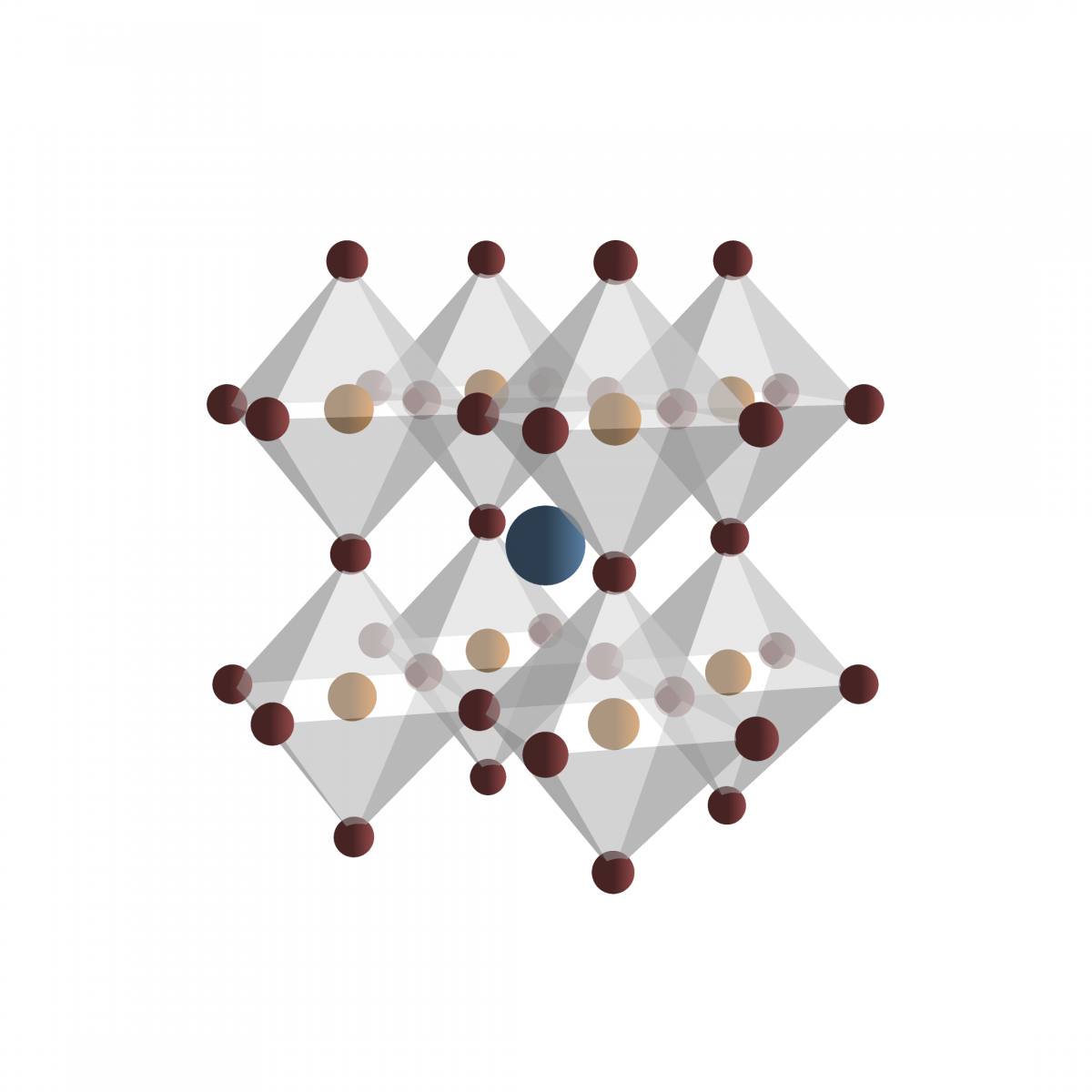PhD position: Stable Perovskite Solar Cells by Controlling Ion Migration
Work Activities
Since their invention, nearly all solar cells have utilized silicon as the active semiconductor. Recently, perovskite semiconductors have emerged as a new material that can be deposited from an ink, enabling the printing of highly efficient solar cells on foil. Perovskite solar cells offer the potential for faster scaling, reduced costs, and easier integration compared to silicon solar cells. Additionally, they can enhance the efficiency of silicon solar cells when used in tandem configurations. However, their limited stability currently remains the primary barrier to large-scale commercialization.
The stability of perovskite solar cells is limited because within the materials we can see the migration of charged atoms, ions. These ions can move through the solar cell and thereby reduce the electrical current extracted from sunlight. In this project you will investigate how the ions reduce the current, and how their ion motion can be reduced. You will test the following hypotheses for the loss in solar cell efficiency: (1) mobile ions cause an interfacial barrier to charge extraction; (2) mobile ions deplete the charge carrier density in the charge transport layers, leading to slow charge extraction; and (3) mobile ions reduce charge transport through the perovskite bulk. You will combine measurements of ion motion in the frequency and time domain with a variation of device and material paramters and exterrnal pressure. At the same time, you will use drift-diffusion simulations to understand on the microscopic level how the ions move. With this knowledge we can predict new materials with reduced ion migration, that should lead to much more stable solar cells.

Perovskite crystal structure
The project is part of a large national initiative, SolarNL, aimed at supporting the Dutch solar photovoltaic industry. For more information, visit SolarNL.eu. SolarNL is a consortium comprising several companies, the Dutch government, and both applied and fundamental research institutions. This collaborative effort focuses on developing an industry capable of producing solar cells, solar modules, and integrated solar PV solutions.
You will join 40 other PhD students from across the Netherlands to tackle fundamental research challenges that underpin these industrial activities. This team of PhD students will participate in workshops together and closely collaborate with industrial and applied research partners to ensure that research outcomes are swiftly implemented in the solar PV industry.
Qualifications
We invite applications from highly motivated candidates with a strong background in physics, chemistry, materials science, or engineering, and a keen interest in solar cells. We especially encourage individuals from underrepresented groups to apply. Prospective PhD candidates must hold an MSc degree or equivalent qualification.
Work environment
The Hybrid Solar Cell Group focuses on ion migration in perovskite solar cells and related devices. Our research seeks to understand the unique characteristics of metal halide perovskite materials, which combine efficient ion motion with excellent semiconductor properties. In solar cells, we aim to control ion migration, while in other devices, such as those for neuromorphic computing, we seek to leverage their unique properties.
We offer a highly collaborative and supportive environment, fostering strong connections both within the group and with our national and international partners. PhD students benefit from a variety of courses designed to enhance their research skills.
AMOLF is a part of NWO-I and initiate and performs leading fundamental research on the physics of complex forms of matter, and to create new functional materials, in partnership with academia and industry. The institute is located at Amsterdam Science Park and currently employs about 140 researchers and 80 support employees. www.amolf.nl
Working conditions
- The working atmosphere at the institute is largely determined by young, enthusiastic, mostly non-Dutch employees. Communication is informal and runs through short lines of communication.
- The position is intended as full-time (40 hours / week, 12 months / year) appointment in the service of the Netherlands Foundation of Scientific Research Institutes (NWO-I) for the duration of four years
- The starting salary is 2.781 Euros gross per month and a range of employment benefits.
- After successful completion of the PhD research a PhD degree will be granted at a Dutch University.
- Several courses are offered, specially developed for PhD-students.
- AMOLF assists any new foreign PhD-student with housing and visa applications and compensates their transport costs and furnishing expenses.
More information?
For further information about the position, please contact Bruno Ehrler: b.ehrler@amolf.nl
Application
You can respond to this vacancy online via the button below.
Online screening may be part of the selection.
Diversity code
AMOLF is highly committed to an inclusive and diverse work environment: we want to develop talent and creativity by bringing together people from different backgrounds and cultures. We recruit and select on the basis of competencies and talents. We strongly encourage anyone with the right qualifications to apply for the vacancy, regardless of age, gender, origin, sexual orientation or physical ability.
AMOLF has won the NNV Diversity Award 2022, which is awarded every two years by the Netherlands Physical Society for demonstrating the most successful implementation of equality, diversity and inclusion (EDI).
Commercial activities in response to this ad are not appreciated.


